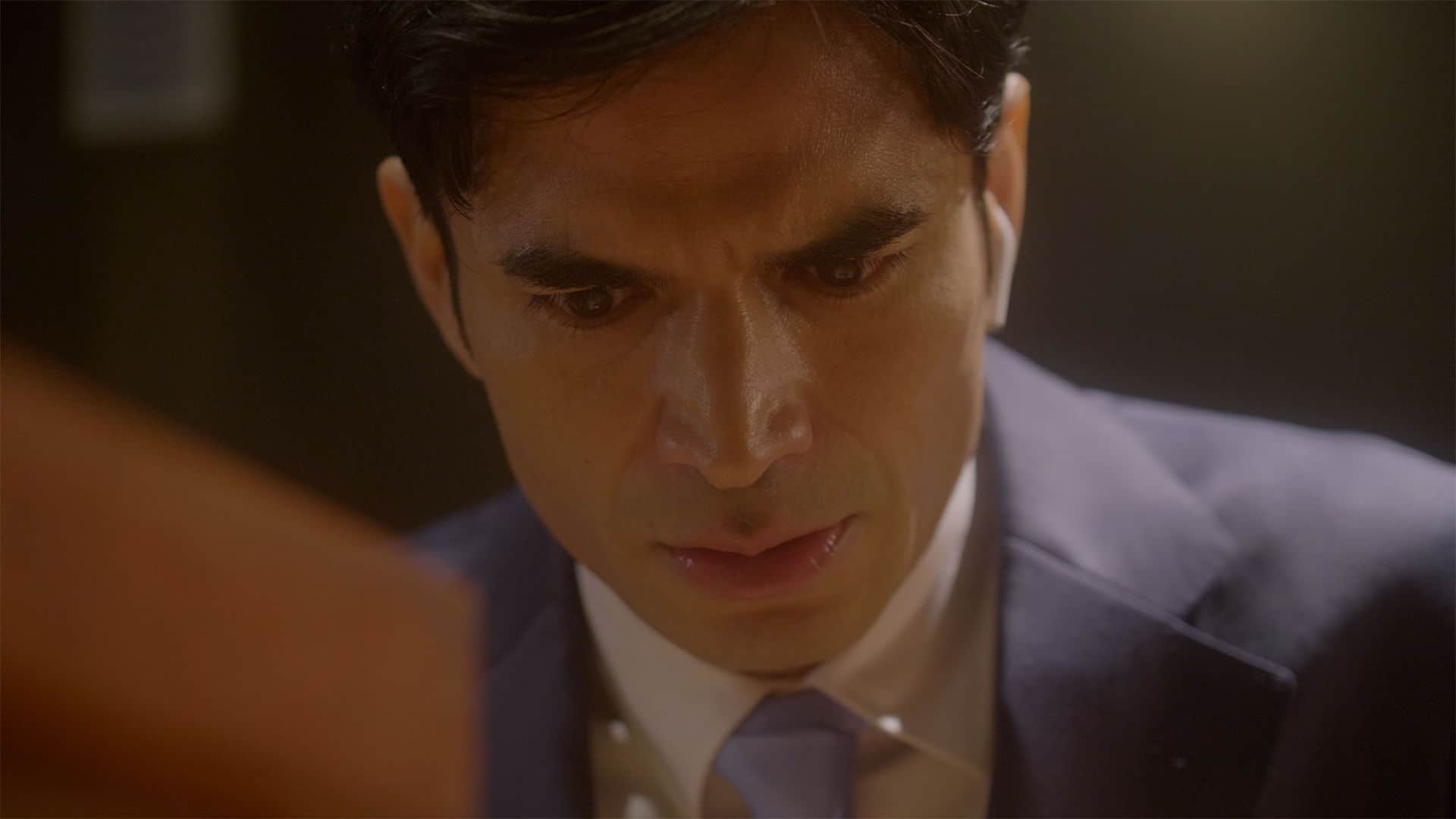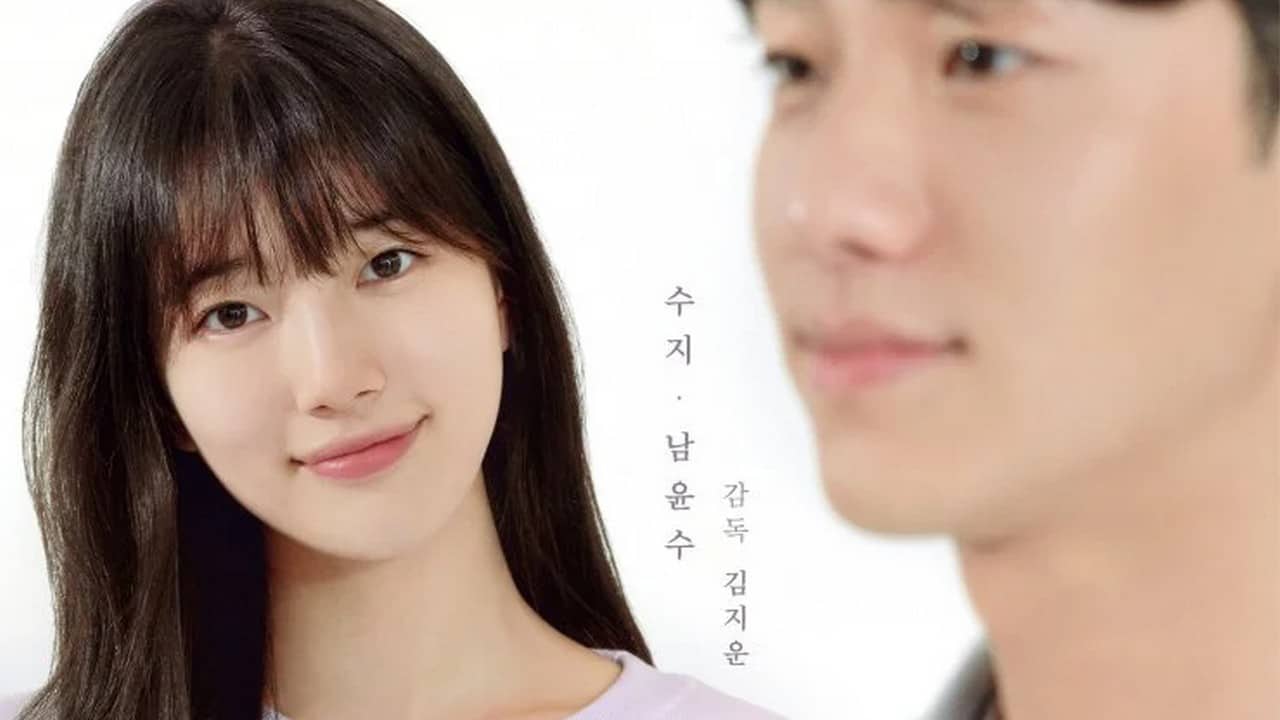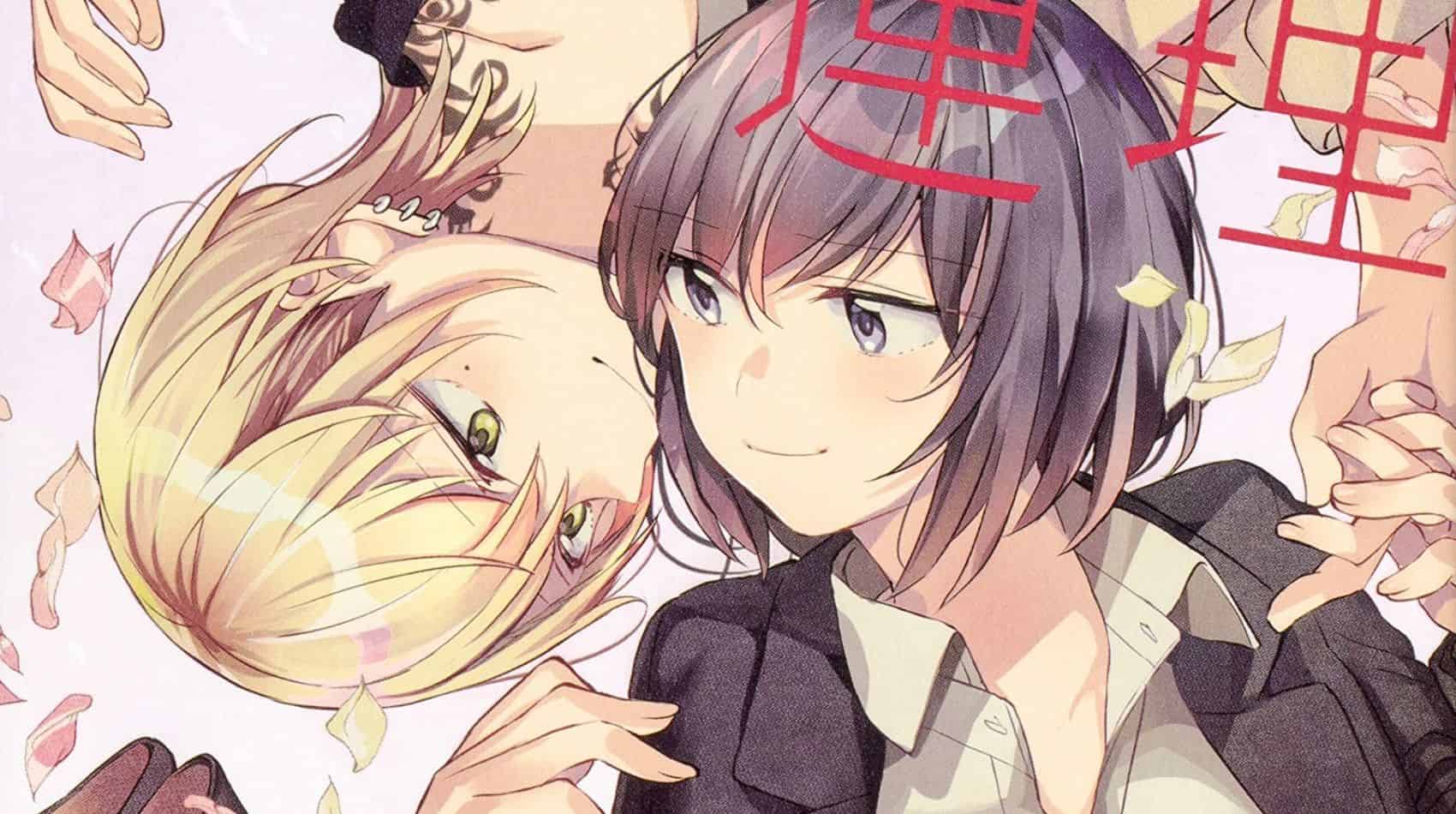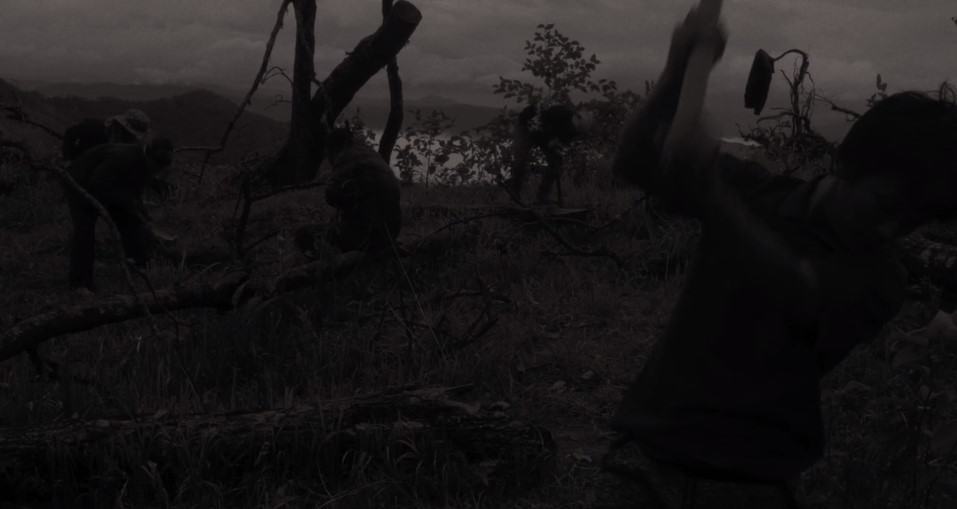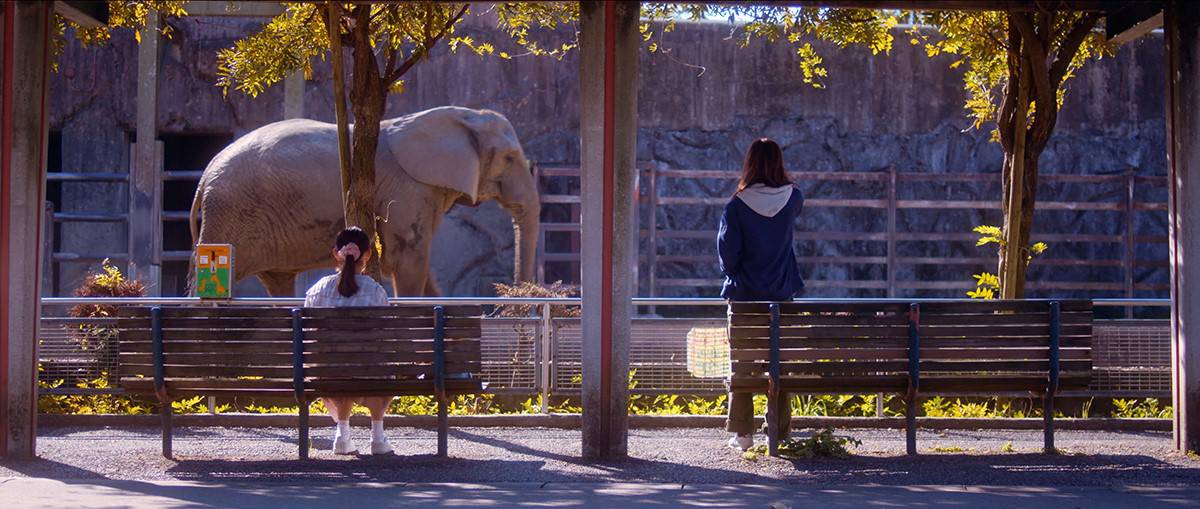Within the world of sports, when observing athletes competing in a race or training their bodies for the occasion, no one would deny the closeness of concepts such as purity and clarity in these images. Even though the world around us may be mostly chaotic, a mirror at times of our lives, the idea of sports, their clear aims and requirements are often what attracts people to join a sports club or at least go to the gym. At the same time, these images of purity have opened the door for interpretations driven by questionable or controversial ideologies, if we think, for example, of the way director Leni Riefenstahl portrays athletes following a deeply fascist agenda. In a similar way, the idea of perfecting the body and the mind, preparing the body to reach a state of absolute purity can also be found in the writings of author Yukio Mishima, one of the most controversial figures in Japanese cultures whose short story “Ken” serves as the foundation of Kenji Misumi's “The Sword”, a movie interestingly released in the same year the Summer Olympics took place in Japan.
“The Sword” is screening at Japan Society

The story focuses on a group of young university students who have joined a kendo club. Among the most skilled of them are Jiro Kokubu (Raizo Ichikawa) and Kagawa (Yusuke Kawazu) who compete for the position of the group's captain training the others for the upcoming tournament. When their master chooses Kokubu, the young man is deeply honored for the ideals of kendo, the honor in fighting and shaping your body have become his ideals in life in general, leading to much irritation with others.
Even though the group accepts Kokubu as their captain, Kagawa, who had originally planned to accept the decision of the master, grows jealous as well as impatient with the strict regime of his rival. Together with a girl named Eri (Keiju Kobayashi), who is deeply attracted to Kokubu, he comes up with a scheme to prove their new captain is not as infallible and pure as he claims.
When it comes to adapting the works of Yukio Mishima, it truly shows the creative set of skills of a director to avoid what could easily be a visualization of the author's ideology. The design of the characters, Raizo Ichikawa's Kokubu, in particular always seem to walk on a very thin line between admirable dedication to something they care about to ruthlessly following an aim no matter the cost, while labeling those unable to keep up simply weak. Time and time again you will find yourself in a love/hate-relationship with some of the characters on the brink of entering the real world and its pitfalls, but who also seem to adore the idea of perfecting the body and the mind.
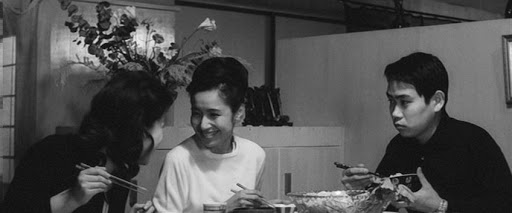
Thankfully, Kenji Misumi, who is responsible for the masterful “Lone Wolf and Cub”-series as well as some of the best entries in the “Zatoichi”-franchise, proves his skills as a visual storyteller, creating a somewhat critical distance towards his characters. Especially in the interior scenes, Chikashi Makiura's exposes the machinations taking place, from the idea of discipline, the honor of the fight and, in the end, the comfort of the collective. Through exploring the lives of these characters, the viewer receives much needed insight into these people, how they are at odds with the “ugliness” and “corruption” of the adult world, as it is explained in one scene. After all, as Misumi's film reminds us repeatedly, these are young men searching for guidance, for clarity and something pure which they have found in the principles of kendo, but for some of them this obsession will have tragic consequences.
Perhaps this is where the most important quality of “The Sword” lies since, from its very first scene showing Kokubu training outside, there is this omnipresent notion of sadness, of something deemed to be a mere moment in time. There is only a small step from a figure like Kokubu or Kagawa to Itto Ogami or Zatoichi, both representatives as well as victims of a system they have once sworn to follow. But their most significant attribute is not their skills as swordsmen, it is their fallibility and their humanity, and as the camera follows the training of the young men warming up on a hot summer's day, there is also this sense of empathy for these people.
Ultimately, “The Sword” is an interesting, sometimes quite uncomfortable drama about collectivism and its connection to the world of kendo. Based on the skilled and confident direction by Kenji Misumi and cinematography, “The Sword” may serve as a thoughtful while also provocative point of entry to this director's body of work.




